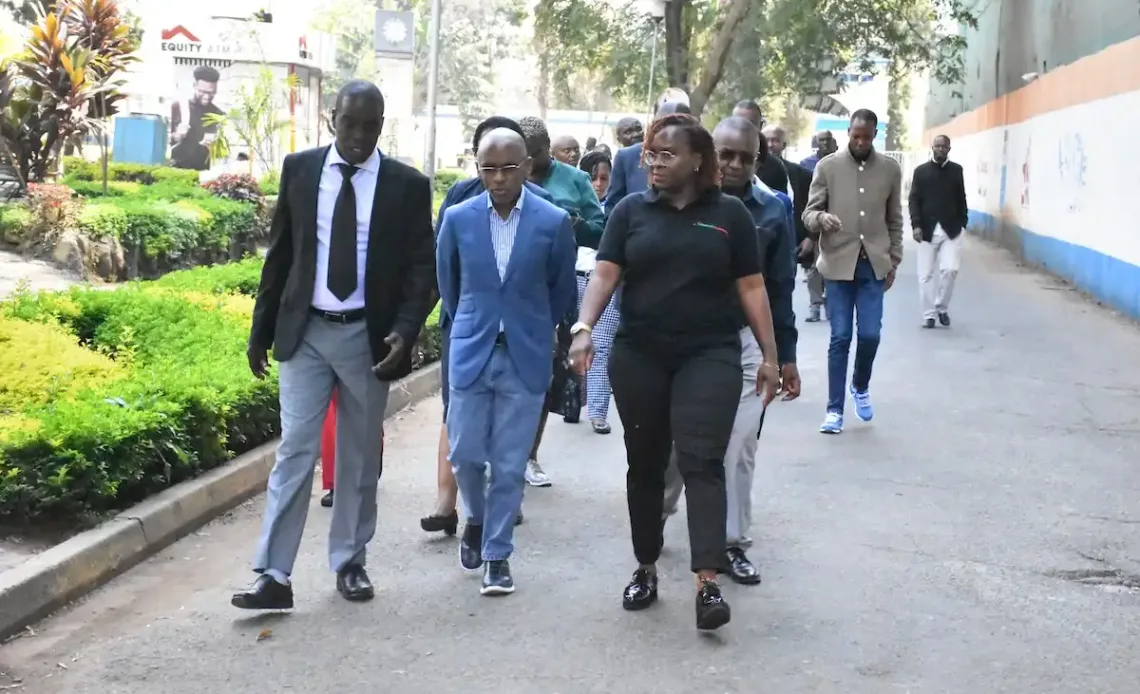
By now, you probably know about the recent protests in Kenya and the effects it has had on the citizens. As a result of excessive use by the Police, some of the protestors were injured and some lost their lives.
To be a good member of society, safaricom has committed to help some of those affected throughout the country. The telco has announced an immediate after-care for patients, and infrastructure development support to hospitals.
Safaricom and M-Pesa foundation have further donated Ksh 15 million as part of its support, “Our Foundations are there to stand with people, especially in times of need. We are happy to provide hospitals with structured support in times of emergencies, both for infrastructure improvement and patient recovery,’’ said Safaricom CEO, Peter Ndegwa.
Out of the amount donated, Ksh 10 million will be directed towards Kenyatta National Hospital’s Disaster Response Centre, while Ksh 5 million will go towards supporting those injured and admitted at the hospital. The Ksh 5 million will be for provision of assistive devices to the injured, smartphones and airtime for those who lost their phones, supporting affected individuals with three months’ worth of food as well as one year worth of rent for those in extreme condition.
Besides Nairobi, Safaricom has allocated ksh 12.5 million for similar efforts in other parts of the country.
Safaricom through the M-Pesa foundation is organizing medical camps in affected areas, starting with Githurai on 6th July 2024, followed by Rongai at a later date.
Safaricom also plans to mobilize its Gen Z employees as well as other like-minded corporates and foundations, under the #GenZforGenZ initiative, which will entail volunteer squads leading community outreaches, clean-ups, and medical camps.
According to the company, the long-term plan is to provide comprehensive execution of community programs through M-Pesa and Safaricom Foundations, with an increased focus on Gen Z. This includes providing TVET scholarships, economic empowerment through the Ndoto Zetu program, agri-business value chain opportunities through the Wezesha Agri Program, and offering access to business training and micro loans in 13 counties, starting with Nakuru, Nairobi, Kajiado, and Migori. The plan will also include supporting mental health through strategic partnerships and provision of complementary counselling services.

